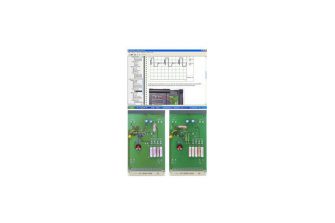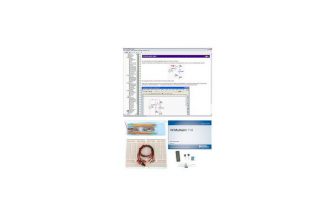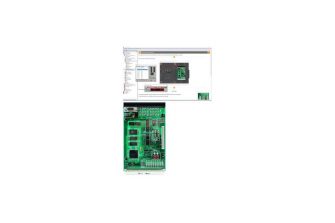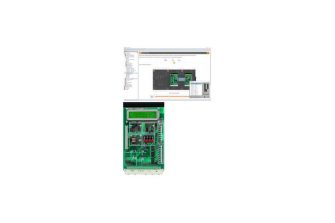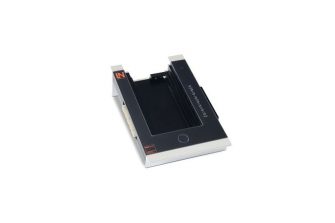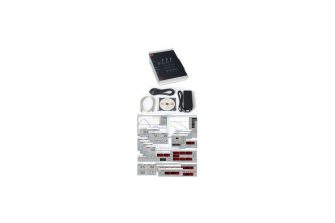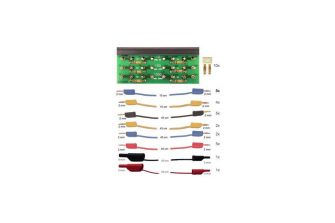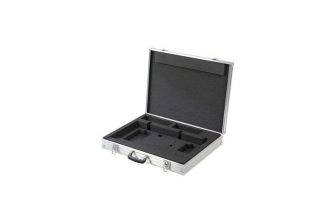Showing 33–40 of 40 results
Computer Engineering in Context for High School Students
[vc_row][vc_column width="1/4"][mk_image src="https://adiainc.com/wp-content/uploads/computer-context-image1.jpg" image_size="full" frame_style="single_line" caption_location="outside-image"][mk_image src="https://adiainc.com/wp-content/uploads/computer-context-image2.jpg" image_size="full" frame_style="single_line" caption_location="outside-image"][mk_image src="https://adiainc.com/wp-content/uploads/computer-context-image3.png" image_size="full" frame_style="single_line" caption_location="outside-image"][/vc_column][vc_column width="3/4"][vc_column_text css=".vc_custom_1621371440654{margin-bottom: 0px !important;}"]Do students understand how their computer works?
It can be argued that the microcomputer might be the most implemented technological tool of all time. It is ubiquitous in our modern society whether it is a desktop, laptop, tablet, cell phone, watch, or even more commonly, one of the microprocessors used to control one of the electronic devices used in our daily lives.
Often, we give more emphasis to simple Apps or to some form of software programing (coding). Our instructional programs provide all computer users with a solid foundation in both the electronics components contained in computers and how basic components are built up to form systems that can perform high-level operations.
Basic Electronic Components
Courses provide instruction in the basic components used in electronics and basic computer circuitry. These include: DC Technology, AC and Three-Phase Technology, Semiconductor Components, Basic Electronic Circuits, Optoelectronics, Introduction to Digital Technology, and Sequential Circuits.
Advanced Electronic Components
Courses provide instruction in the more advanced components used in electronics and basic computer circuitry. Important circuits are pre-configured on the provided PCB Boards that are easily integrated into the UniTrain Learning System. This allows student to progress quickly to advanced concepts rather than building all components themselves from basic components. Course content includes: Semiconductor Components, Transistor Multivibrators, Transistor and Amplifier Technology, Field-effect Transistors, Operational Amplifiers, Power Semiconductors, Power Supply Circuits, Switched-mode Power Supplies, Circuit Design Software, and PCB Design.
Digital Electronics & Microcomputer Programming
Courses provide basic instruction in foundational Digital Electronics. Course content includes: Gates and Flip-Flops, Sequential Circuits, Application Circuits, Converter Circuits.
Foundations of Programming & Microprocessors
These courses help students progress to computer applications that are implemented just below high-level programming languages. These courses include: Fundamentals of Computer Technology, Applications and Programming, Assembler Programming, C Programming, Digital Signal Processing, FPGA: Circuit Design using VHDL.[/vc_column_text][/vc_column][/vc_row][vc_row][vc_column][vc_column_text]
[/vc_column_text][/vc_column][/vc_row][vc_row][vc_column width="1/4"][/vc_column][vc_column width="3/4"][vc_column_text css=".vc_custom_1621371797712{margin-bottom: 0px !important;}"]
Browse our Computer Engineering Teaching Products by Topic Below
[/vc_column_text][/vc_column][/vc_row][vc_row][vc_column][vc_column_text css=".vc_custom_1616771757750{margin-bottom: 0px !important;}"]
For more information, click by section:
[/vc_column_text][mk_divider style="thin_solid"][/vc_column][/vc_row]

